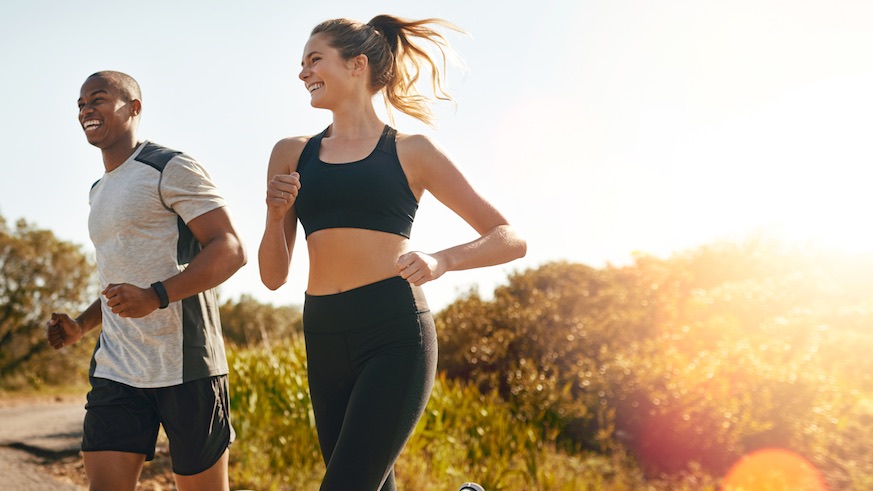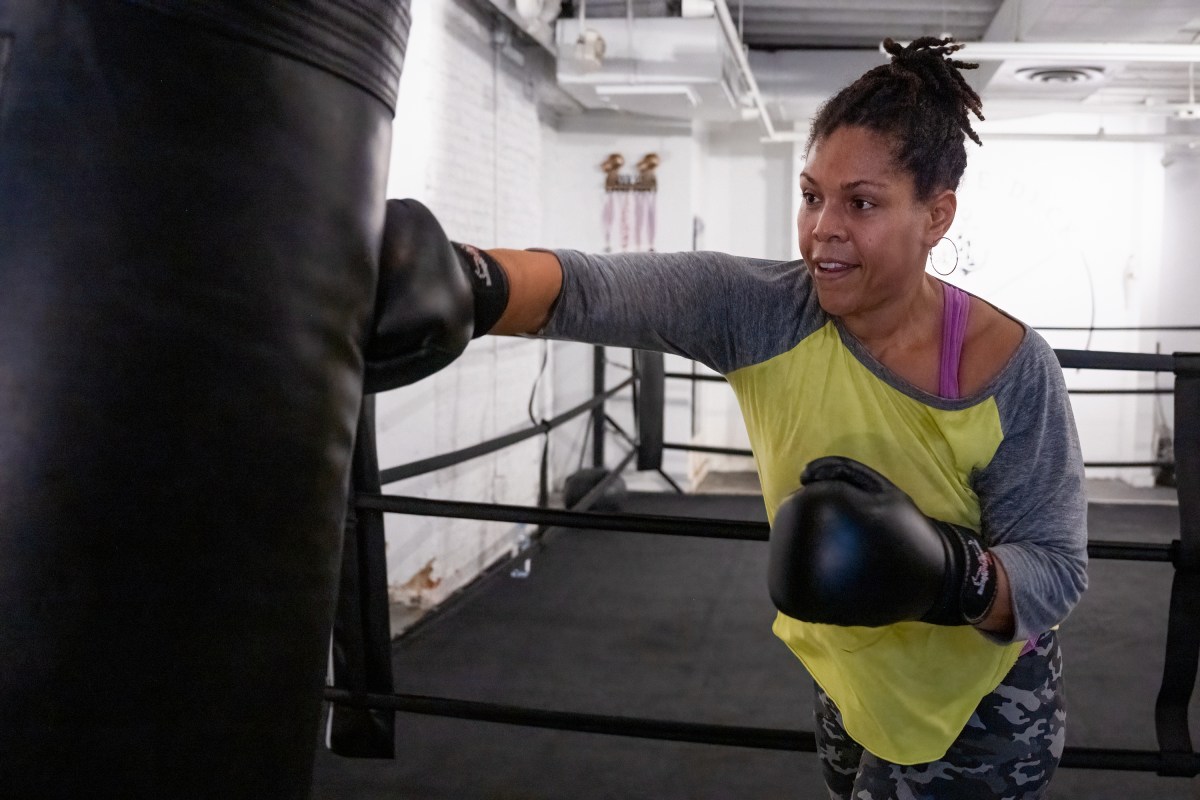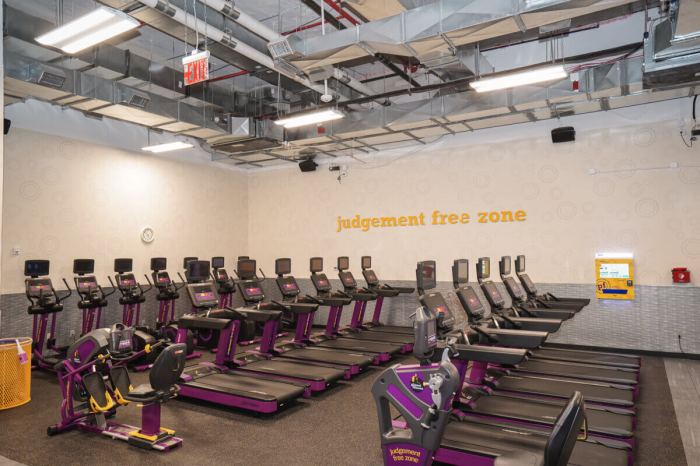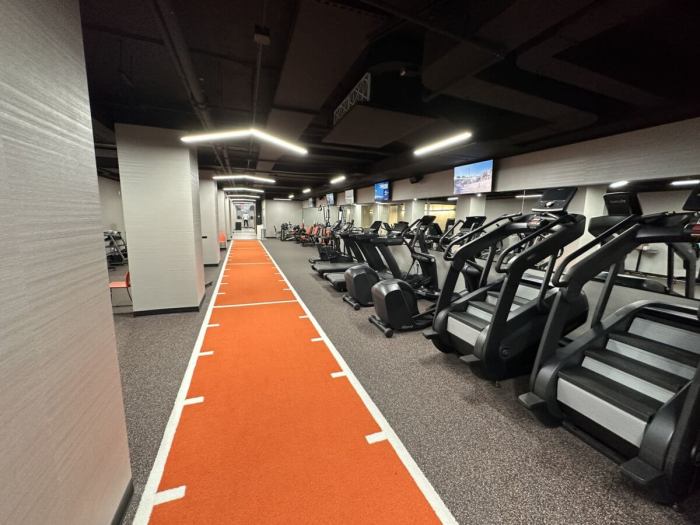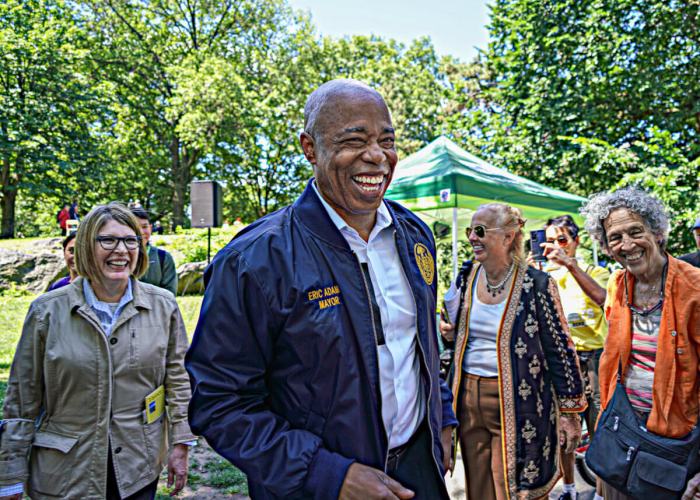Today in the NYTimes, wellness writer Gretchen Reynolds asks the question that’s on everyone’s minds: Does smiling while working out improve performance?
Apparently this is compelling enough of a topic that some scientists took the time to research it. Granted, I’m not a competitive athlete and I’m not looking for any performance hacks. But as a woman who has been told to smile her entire life, I take issue with the notion that anyone have an opinion about anyone else’s facial expression on principle. Much less the facial expression of a person engaged in the mentally and physically grueling act of exercise!
If you must know, I do work out. I run regularly because it helps me feel less insane, somewhat fit and I relish in having the time to myself, away from any obligations. It’s me time and I’m never not proud of myself for actually following through on a workout. The last thing I’m worried about is what my face looks like while I’m doing it and I don’t think anybody else should concern themselves with that, either.
OK, now that I’ve gotten that rant out of the way we can look at what the science is saying about (resting) runner face. Reynolds cites a recent study published in the journal Psychology of Sport and Exercise, in which researchers at Ulster University in Northern Ireland and Swansea University in Wales assembled a group of 24 runners and told them to grin or grimace at different points during 4-6 minute runs, without telling them why, and assessed how that affected their performance.
Turns out the cheesers in the group scored a whopping 2.78 percent higher in “movement economy,” or running efficiency (a number that doesn’t sound like much, but would make the difference in a race) than the frowners, whose grumpy mugs resulted in a higher “perceived effort,” meaning, their sense of how difficult the run was.
Study lead and lecturer in sport and exercise psychology Noel Brick attributed the smile effect to a “reduction in muscular tension.” But, he noted that a fake-it-til-ya-make-it approach won’t do any good; the runners who admitted that their smiles were insincere, because, duh, it didn’t come naturally, did not see any improvement in performance. The secret, evidently, is “periodic smiling,” but only if you mean it.
OK! Now I’m going to go back to feeling however I want to feel and showing it on my face.

